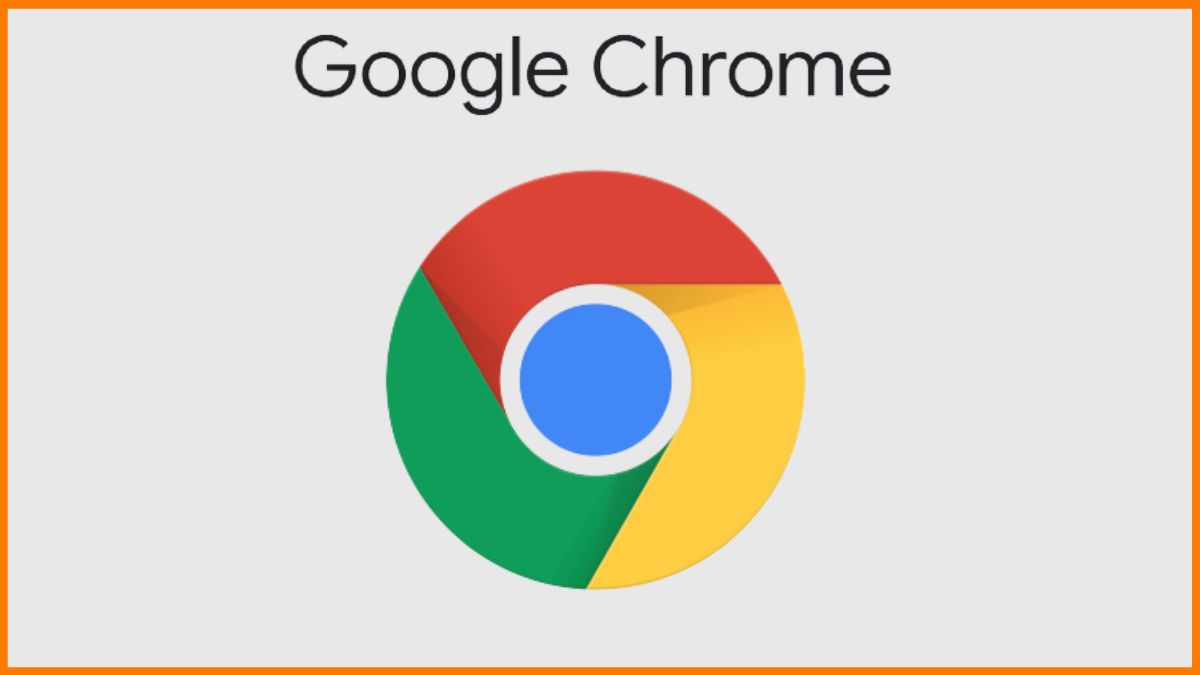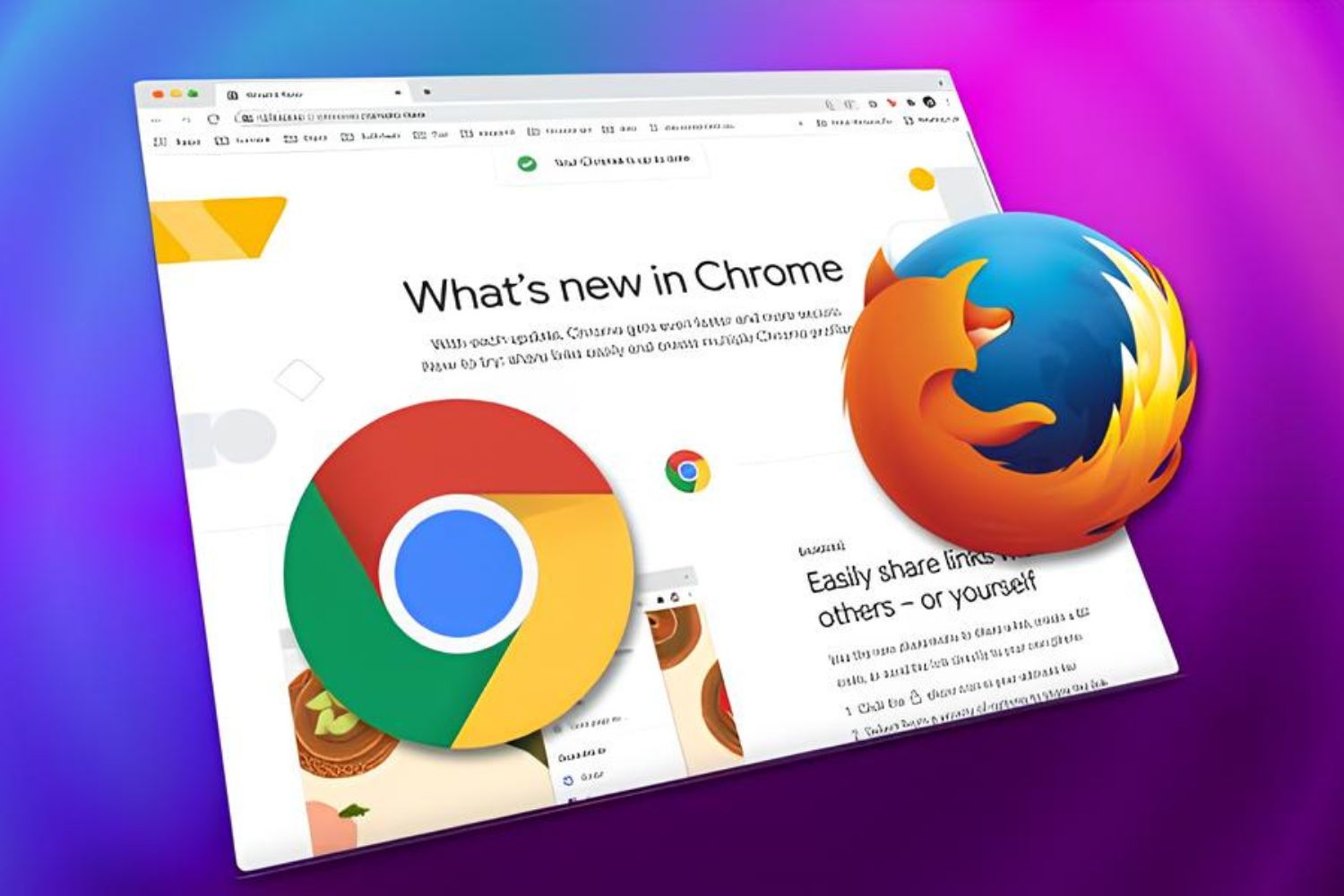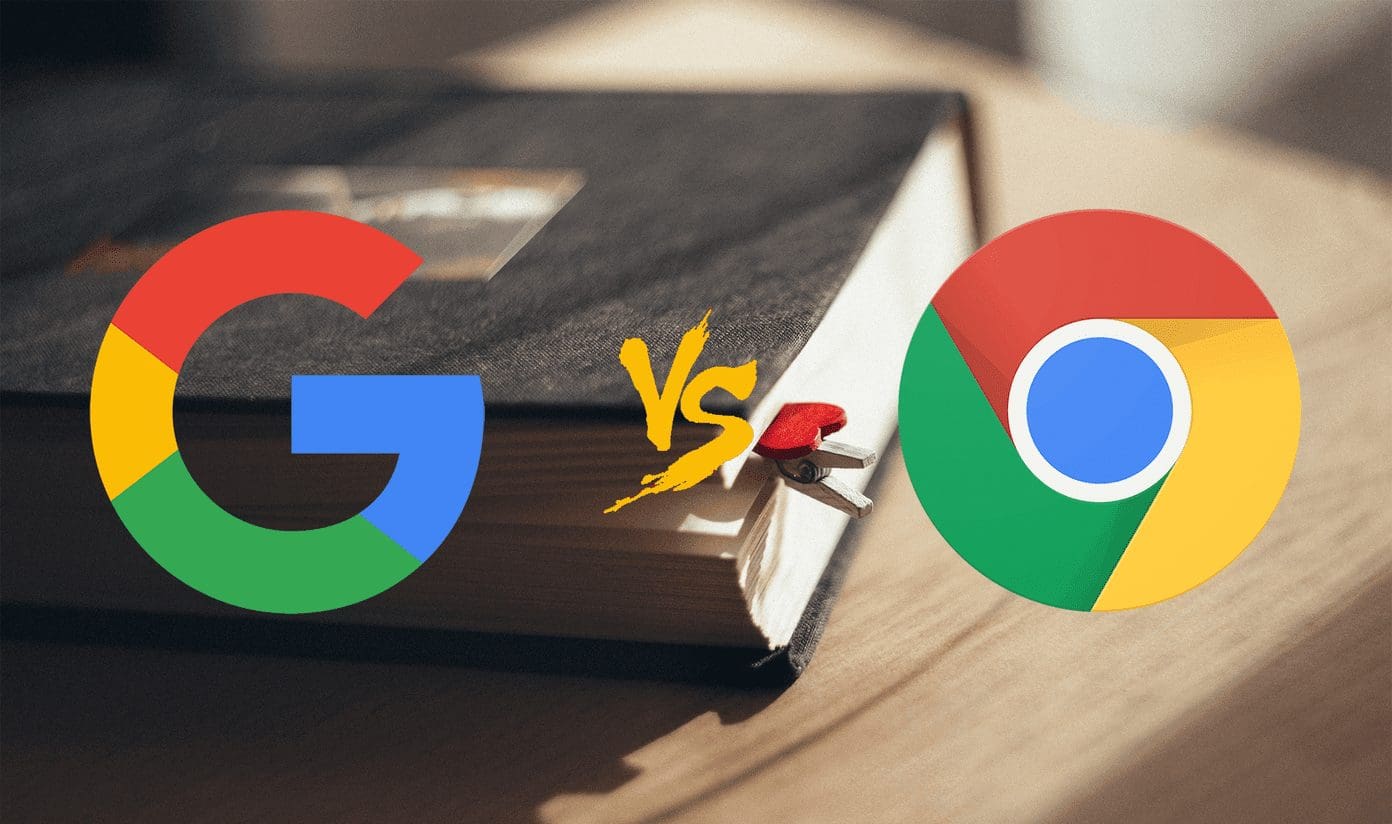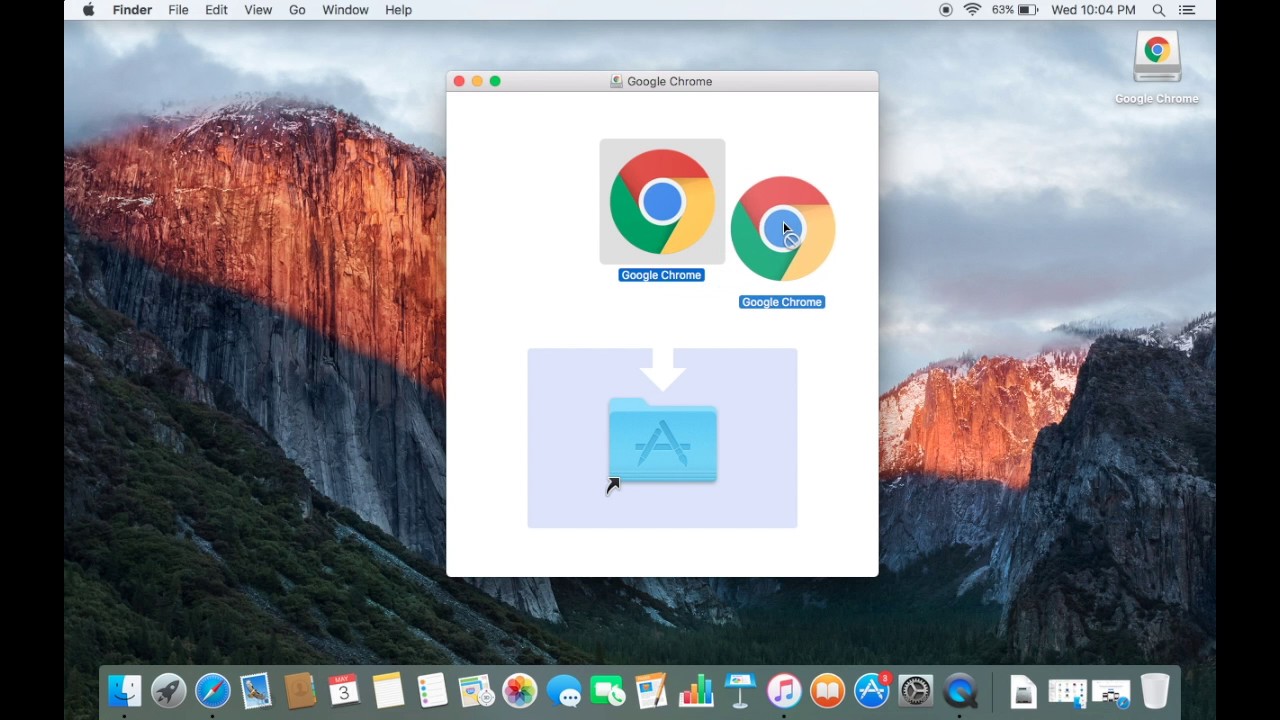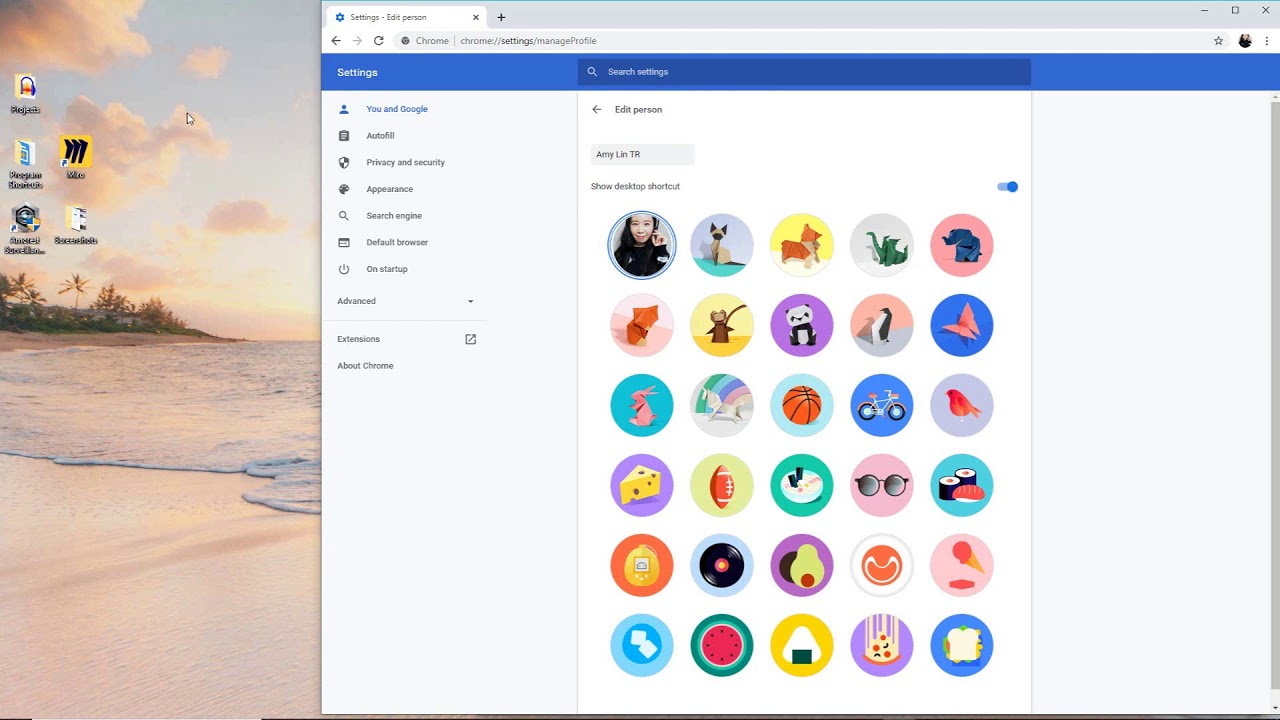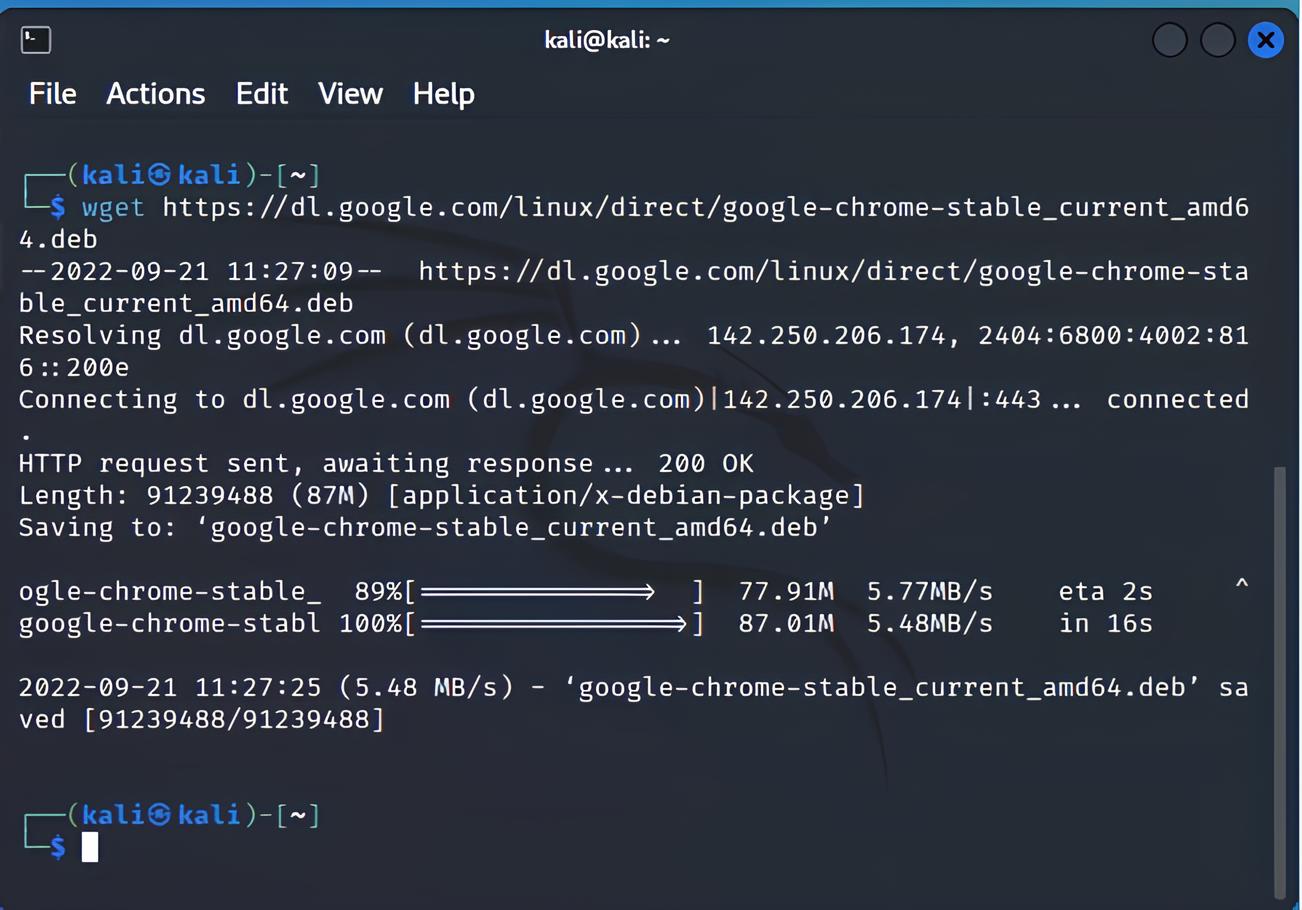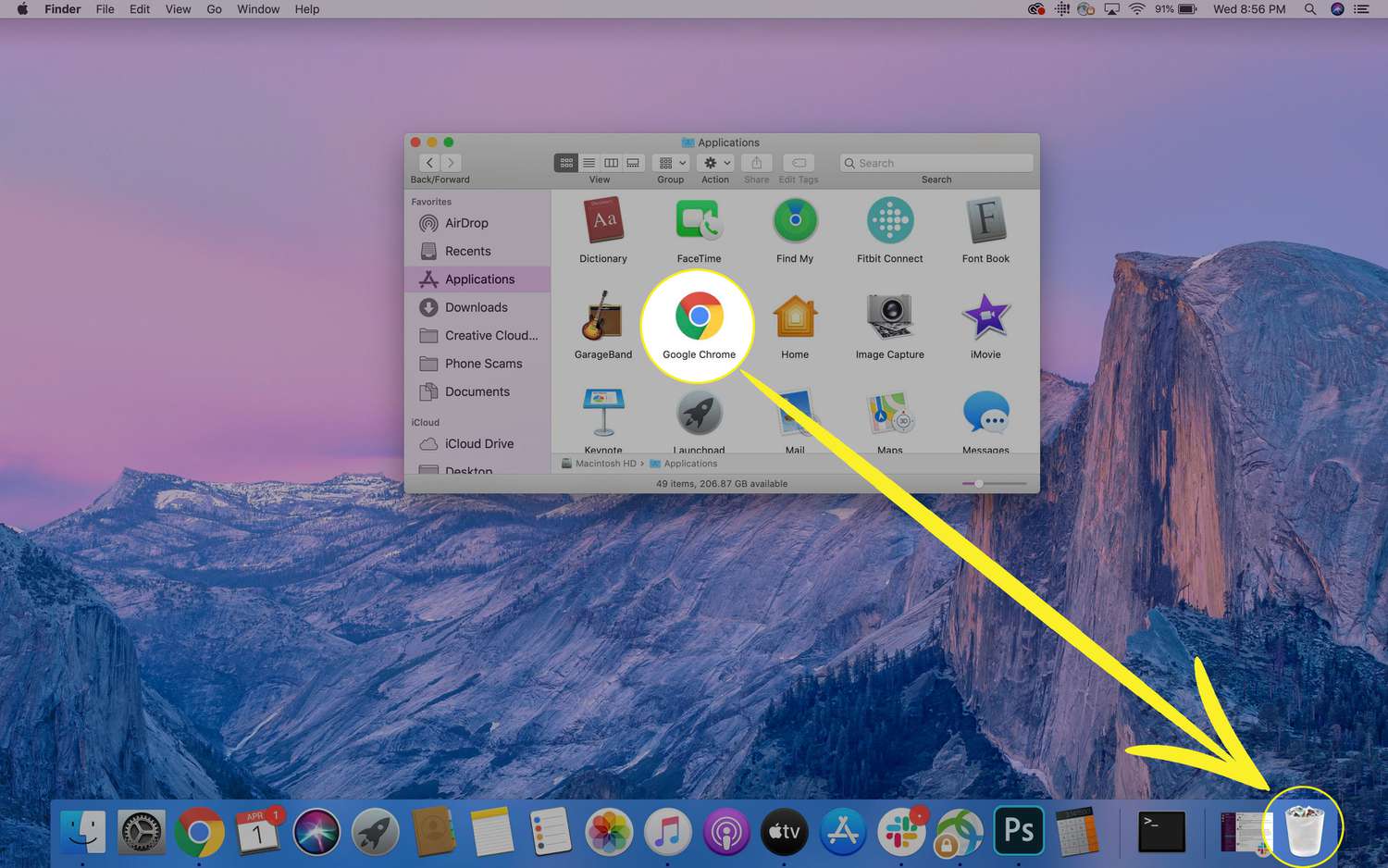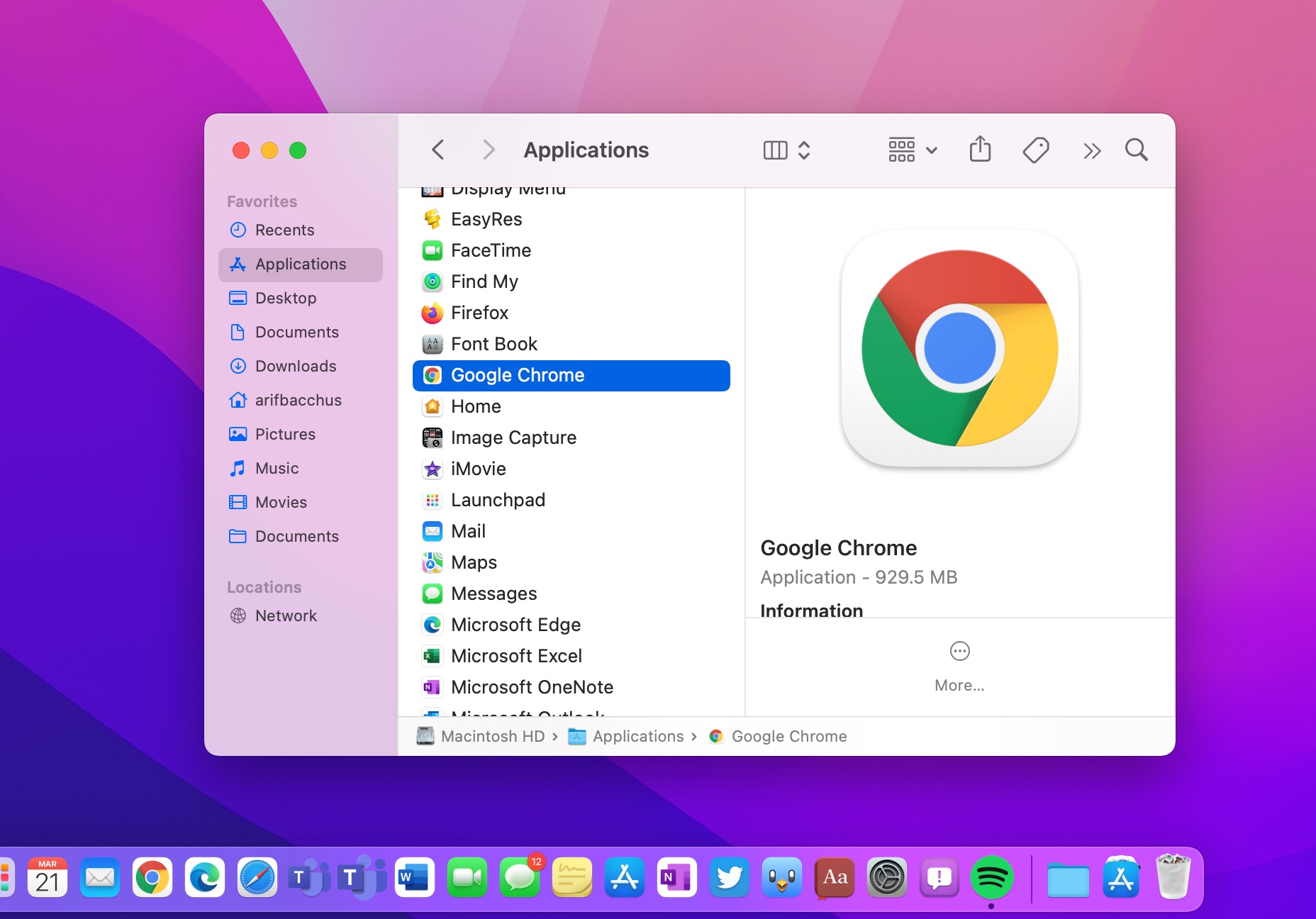Introduction
Google Chrome is one of the most popular web browsers in the world, known for its speed, simplicity, and security features. It has become an integral part of our daily lives, serving as a gateway to the vast expanse of the internet. However, have you ever wondered who actually owns Google Chrome? The answer to this question is not as straightforward as it may seem. In this article, we will delve into the intricate web of ownership surrounding Google Chrome, shedding light on the various entities involved in its development and maintenance.
As we embark on this exploration, it's important to understand that the concept of ownership in the digital realm is often multifaceted. While Google is undeniably a central figure in the story of Chrome, the browser's evolution and maintenance are also deeply intertwined with the open-source community and a project known as Chromium. By unraveling these interconnected threads, we can gain a comprehensive understanding of the ownership dynamics behind Google Chrome. Let's embark on this journey to uncover the intricate web of ownership that underpins one of the most widely used web browsers in the world.
Google's Involvement
Google's involvement in the development and maintenance of Google Chrome is pivotal to understanding the browser's ownership. The inception of Chrome can be traced back to Google's ambition to create a browser that not only provided a seamless web browsing experience but also aligned with its broader strategic objectives. Google officially launched Chrome in 2008, introducing a fresh contender in the fiercely competitive browser market.
From the outset, Google positioned Chrome as a platform that not only facilitated web browsing but also seamlessly integrated with its suite of web-based applications and services. This strategic alignment with Google's ecosystem was a clear indication of the company's deep involvement in shaping Chrome's trajectory. As a result, Chrome became more than just a browser; it became a gateway to Google's expansive digital ecosystem, encompassing search, email, productivity tools, and more.
Google's commitment to Chrome's development is evident in its continuous investment in enhancing the browser's performance, security, and user experience. The company has consistently rolled out updates and new features, leveraging its vast resources and technical expertise to keep Chrome at the forefront of innovation. This ongoing dedication underscores Google's active role in steering the evolution of Chrome and ensuring its relevance in an ever-evolving digital landscape.
Furthermore, Google's influence extends beyond the core functionalities of Chrome. The browser's integration with Google accounts, synchronization across devices, and seamless access to Google services underscore the deep intertwining of Chrome with Google's broader ecosystem. This integration not only enhances user convenience but also reinforces Google's imprint on the browser's functionality and user experience.
In essence, Google's involvement in Chrome's development, feature enhancements, and ecosystem integration underscores its significant ownership stake in the browser. This multifaceted engagement underscores Google's pivotal role in shaping Chrome's evolution and solidifies its position as a central figure in the intricate web of ownership surrounding the browser.
Open Source Community
The Open Source Community plays a pivotal role in the development and evolution of Google Chrome, contributing to the intricate web of ownership surrounding the browser. At the heart of this involvement is the open-source nature of the Chromium project, which forms the foundation of Chrome's development.
The Chromium project, an open-source initiative, serves as the breeding ground for innovations that ultimately shape the Chrome browser. This collaborative endeavor invites contributions from a diverse community of developers, fostering a culture of transparency, collaboration, and shared ownership. The open-source ethos embedded within the Chromium project empowers developers worldwide to actively participate in refining and enhancing the core elements of Chrome.
One of the defining characteristics of the open-source community's involvement is the democratization of Chrome's development. Through open access to the Chromium project, developers can propose and implement changes, fix bugs, and contribute new features, thereby exerting a tangible influence on the browser's evolution. This inclusive approach to development transcends traditional notions of ownership, as it engenders a collective sense of stewardship and responsibility among the community members.
Moreover, the open-source nature of the Chromium project fosters a spirit of innovation and agility. By embracing an open development model, Chrome benefits from the diverse perspectives and expertise of a global community, leading to rapid iterations, bug fixes, and feature enhancements. This collaborative momentum not only accelerates Chrome's evolution but also imbues it with a spirit of collective ownership, where the contributions of individual developers collectively shape the browser's trajectory.
The symbiotic relationship between Google and the open-source community is instrumental in Chrome's ownership dynamics. While Google spearheads the browser's strategic direction and core development, the open-source community serves as a dynamic force that enriches Chrome's DNA with diverse perspectives, technical insights, and innovative solutions. This shared ownership ethos underscores the symbiotic interplay between Google's stewardship and the community's collective contributions, shaping Chrome into a browser that reflects the collaborative spirit of open-source ownership.
In essence, the open-source community's active participation in the Chromium project engenders a sense of shared ownership, democratizes Chrome's development, and enriches the browser with a diverse tapestry of innovations. This collective engagement underscores the multifaceted ownership dynamics that underpin Chrome's evolution, transcending traditional notions of ownership and embracing a collaborative ethos that defines the browser's open-source DNA.
Chromium Project
The Chromium project stands as a cornerstone in the intricate web of ownership surrounding Google Chrome, playing a pivotal role in shaping the browser's evolution and embodying the ethos of open-source collaboration. At its core, the Chromium project represents an open-source initiative that forms the bedrock of Chrome's development, fostering a culture of transparency, inclusivity, and collective ownership.
One of the defining characteristics of the Chromium project is its open and collaborative nature. This open-source ethos empowers developers worldwide to actively participate in refining and enhancing the core elements of Chrome. By embracing an open development model, the project invites contributions from a diverse community of developers, transcending geographical boundaries and organizational affiliations. This inclusive approach democratizes Chrome's development, allowing individual developers to propose and implement changes, fix bugs, and contribute new features, thereby exerting a tangible influence on the browser's evolution.
Furthermore, the Chromium project serves as a catalyst for innovation and agility within the Chrome ecosystem. The open development model fosters a spirit of rapid iteration, enabling swift bug fixes and feature enhancements. This collaborative momentum not only accelerates Chrome's evolution but also imbues it with a spirit of collective ownership, where the contributions of individual developers collectively shape the browser's trajectory. The project's open and agile framework empowers developers to experiment, iterate, and innovate, fostering a dynamic ecosystem that thrives on the principles of shared ownership and collaborative stewardship.
Moreover, the symbiotic relationship between Google and the Chromium project is instrumental in Chrome's ownership dynamics. While Google provides strategic direction and core development, the open-source community enriches Chrome's DNA with diverse perspectives, technical insights, and innovative solutions. This shared ownership ethos underscores the symbiotic interplay between Google's stewardship and the community's collective contributions, shaping Chrome into a browser that reflects the collaborative spirit of open-source ownership.
In essence, the Chromium project epitomizes the spirit of open-source collaboration, democratizing Chrome's development, fostering innovation, and embracing a collective ethos of ownership. This collaborative framework transcends traditional notions of ownership, embodying a shared stewardship that defines Chrome's evolution and underscores the profound impact of open-source ethos on the browser's ownership dynamics.
Google Chrome's Ownership
The ownership of Google Chrome is a multifaceted tapestry woven from the intricate interplay of Google's stewardship, the open-source community's collective contributions, and the foundational framework of the Chromium project. At its core, Google exerts a significant ownership stake in Chrome, spearheading the browser's strategic direction, core development, and seamless integration with its broader ecosystem of web-based applications and services. Since its launch in 2008, Google has remained deeply committed to enhancing Chrome's performance, security, and user experience, leveraging its vast resources and technical expertise to ensure the browser's relevance in an ever-evolving digital landscape.
However, the ownership dynamics of Google Chrome extend beyond Google's central role, encompassing the vibrant ecosystem of the open-source community and the collaborative ethos embodied within the Chromium project. The open-source nature of the Chromium project democratizes Chrome's development, inviting contributions from a diverse community of developers worldwide. This inclusive approach fosters a culture of transparency, collaboration, and shared ownership, empowering individual developers to actively participate in refining and enhancing the core elements of Chrome.
Furthermore, the symbiotic relationship between Google and the open-source community is instrumental in shaping Chrome's ownership dynamics. While Google provides strategic direction and core development, the open-source community enriches Chrome's DNA with diverse perspectives, technical insights, and innovative solutions. This shared ownership ethos underscores the symbiotic interplay between Google's stewardship and the community's collective contributions, shaping Chrome into a browser that reflects the collaborative spirit of open-source ownership.
The Chromium project, as the foundational bedrock of Chrome's development, embodies the ethos of open-source collaboration, fostering a culture of transparency, inclusivity, and collective ownership. This open and collaborative framework empowers developers to propose and implement changes, fix bugs, and contribute new features, transcending traditional notions of ownership and embracing a collective ethos of stewardship.
In essence, the ownership of Google Chrome is a dynamic amalgamation of Google's strategic leadership, the open-source community's collective engagement, and the collaborative framework of the Chromium project. This multifaceted ownership tapestry underscores the profound impact of open-source ethos on Chrome's evolution, transcending traditional ownership paradigms and embracing a shared stewardship that defines the browser's ownership dynamics.
Conclusion
In conclusion, the ownership of Google Chrome is a multifaceted tapestry woven from the intricate interplay of Google's stewardship, the open-source community's collective contributions, and the foundational framework of the Chromium project. While Google undeniably holds a significant ownership stake in Chrome, the browser's evolution and maintenance are deeply intertwined with the collaborative ethos of the open-source community and the innovative spirit of the Chromium project.
Google's pivotal role in Chrome's development, feature enhancements, and ecosystem integration underscores its significant ownership stake in the browser. The company's continuous investment in enhancing Chrome's performance, security, and user experience highlights its active role in steering the browser's evolution and ensuring its relevance in an ever-evolving digital landscape. Furthermore, Chrome's seamless integration with Google's suite of web-based applications and services solidifies Google's imprint on the browser's functionality and user experience, underscoring the company's deep involvement in shaping Chrome's trajectory.
The open-source community's active participation in the Chromium project engenders a sense of shared ownership, democratizes Chrome's development, and enriches the browser with a diverse tapestry of innovations. The collaborative momentum within the open-source community accelerates Chrome's evolution, imbuing it with a spirit of collective ownership where the contributions of individual developers collectively shape the browser's trajectory. The symbiotic relationship between Google and the open-source community is instrumental in Chrome's ownership dynamics, enriching the browser with diverse perspectives, technical insights, and innovative solutions.
The Chromium project, as the foundational bedrock of Chrome's development, embodies the ethos of open-source collaboration, fostering a culture of transparency, inclusivity, and collective ownership. This open and collaborative framework empowers developers to propose and implement changes, fix bugs, and contribute new features, transcending traditional notions of ownership and embracing a collective ethos of stewardship.
In essence, the ownership of Google Chrome is a dynamic amalgamation of Google's strategic leadership, the open-source community's collective engagement, and the collaborative framework of the Chromium project. This multifaceted ownership tapestry underscores the profound impact of open-source ethos on Chrome's evolution, transcending traditional ownership paradigms and embracing a shared stewardship that defines the browser's ownership dynamics.







